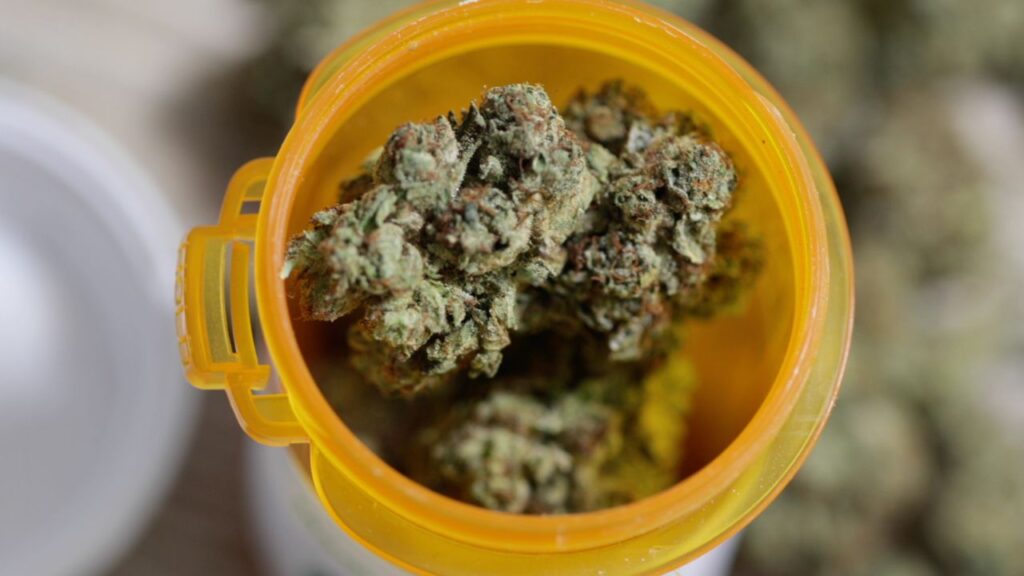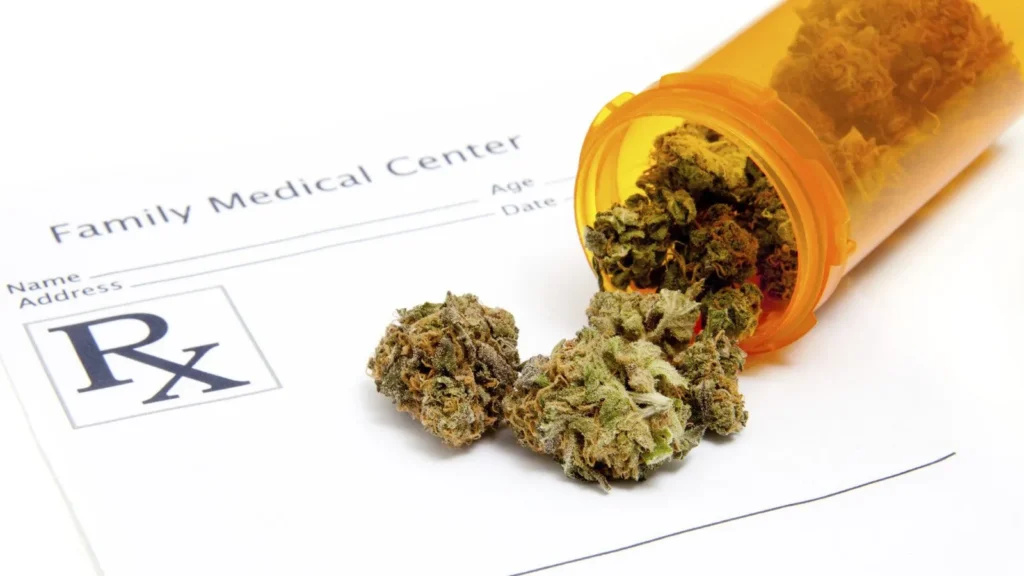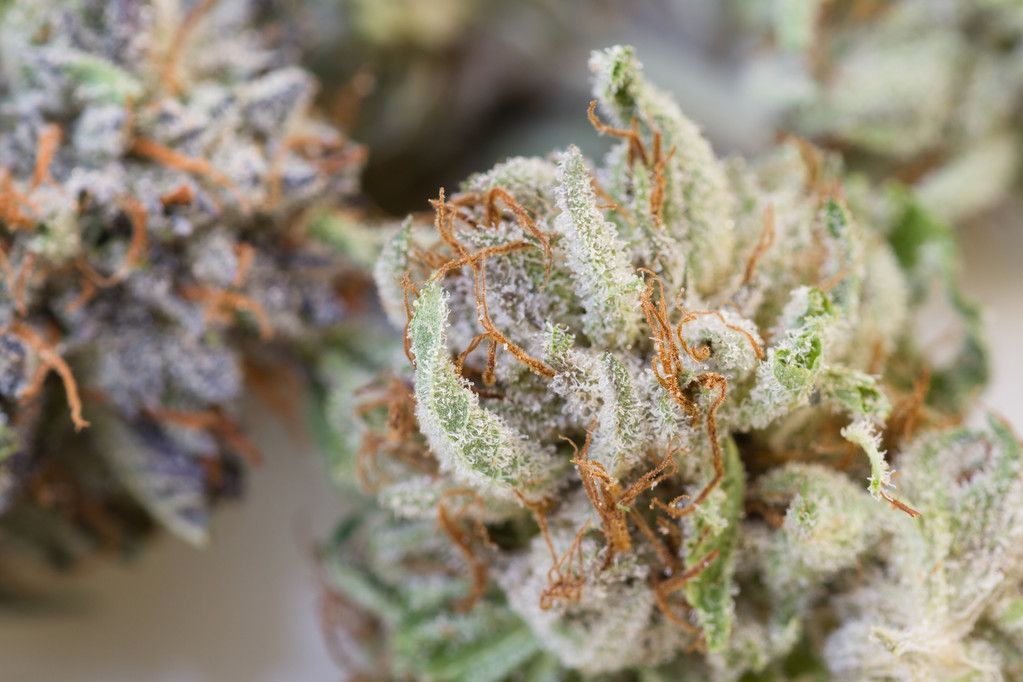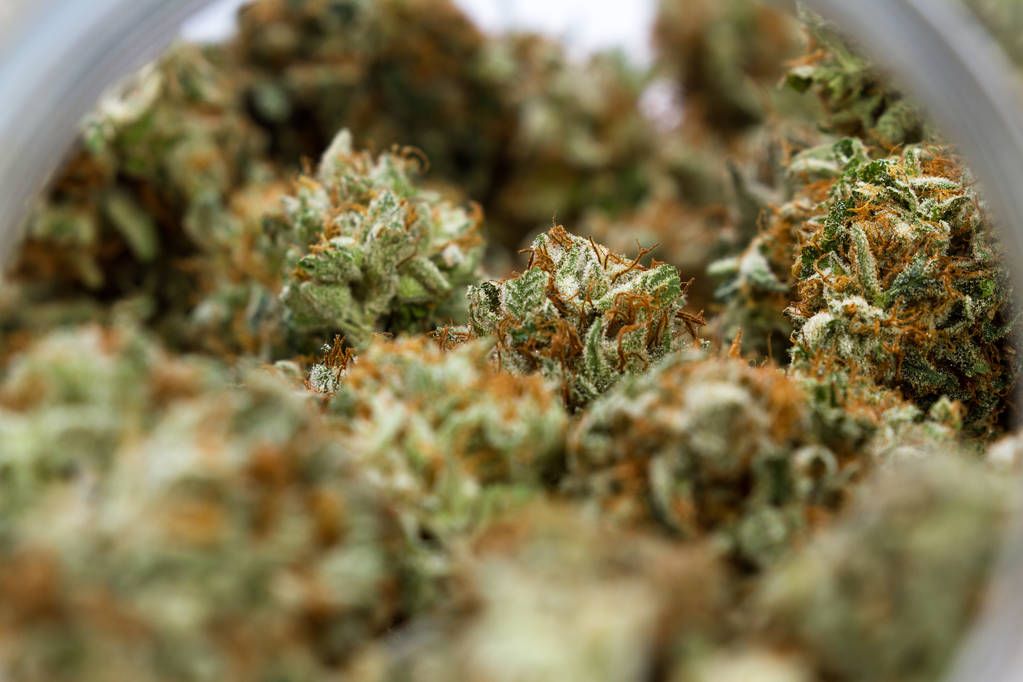A New Jersey Assembly committee has approved legislation to include sickle cell anemia as a qualifying medical cannabis condition.

Assembly Bill 913 was passed today by the Assembly Health Committee in a 9 to 1 vote. The measure would explicitly authorize medical marijuana as a treatment option for sickle cell anemia, a painful and debilitating blood disorder.
New Jersey has had a medical marijuana program since 2010, with qualifying conditions including chronic pain, PTSD, cancer, and multiple sclerosis. While the state also legalized recreational marijuana in 2021, medical authorization still provides significant benefits. Medical patients are exempt from the state’s standard cannabis tax and are allowed to possess up to three ounces in a 30-day period—higher than the limits set for recreational users. Additionally, medical dispensaries often have priority access to products and lower costs.
Continue reading












